
Traditionally, liquid crystal (LC) holography has been confined to the scalar domain, manipulating only light intensity. This limitation hinders the ability to control light fields and encode complex information fully. Researchers have recently made significant strides in overcoming this hurdle, achieving vectorial LC holography using a single-layer, single-material LC superstructure. This novel approach leverages a [..]
Read More
A groundbreaking study has demonstrated the potential of optical spectroscopy to assess COVID-19 severity rapidly. By employing Brillouin light scattering (BLS) spectroscopy, researchers have shown that subtle changes in blood plasma viscosity can serve as a valuable biomarker for disease progression. BLS is a non-invasive technique that analyzes the interaction of light with acoustic waves [..]
Read More
Solitary pulmonary mucinous adenocarcinoma (SPMA) is a challenging lung cancer to diagnose due to its often slow-growing nature. Traditionally, invasive surgical biopsies have been the gold standard for confirmation. However, a recent study has introduced a promising alternative: a novel nomogram model. This nomogram is a diagnostic tool that combines clinical and radiological data to [..]
Read More
Our cell membranes are like the gatekeepers of our cells, controlling what goes in and out. But they’re not just passive barriers; they also respond to physical cues from their environment. A recent study used a powerful imaging technique called cryo-electron microscopy to show how these membranes react to mechanical stress. The study focused on [..]
Read More
Gamma imaging, a cornerstone of nuclear medicine, traditionally relies on large, stationary cameras. This limits patient access and restricts the technique to specialized departments. However, a new device, Seracam, is challenging the status quo. Seracam is a compact, portable gamma camera designed for small-organ imaging. Its dimensions – just 15 cm in diameter and 24 [..]
Read More
New research describes a novel technique for creating micro-optical components using a special type of ZIF-62 hybrid glasses. This method leverages hot imprinting, a 3D printing technique, to precisely shape the glass. Researchers have successfully fabricated micro-optical elements with this approach, paving the way for integrating Metal-Organic Frameworks (MOFs) into photonic devices. MOFs are a [..]
Read More
Visualizing magnetic fields at the atomic scale has long been a holy grail for scientists studying magnetism. This quest has taken a significant leap forward with a new technique that uses a holography electron microscope to achieve a resolution of 0.47 nanometers. This breakthrough resolution allows researchers to peer into the magnetic world at the [..]
Read More
A new technique using lasers and 2D materials offers hope in the fight against plastic pollution. Researchers have developed a method that breaks down plastic waste into its basic building blocks, transforming it into reusable chemicals. This approach can potentially revolutionize plastic waste management and create a more sustainable future. The process works by focusing [..]
Read More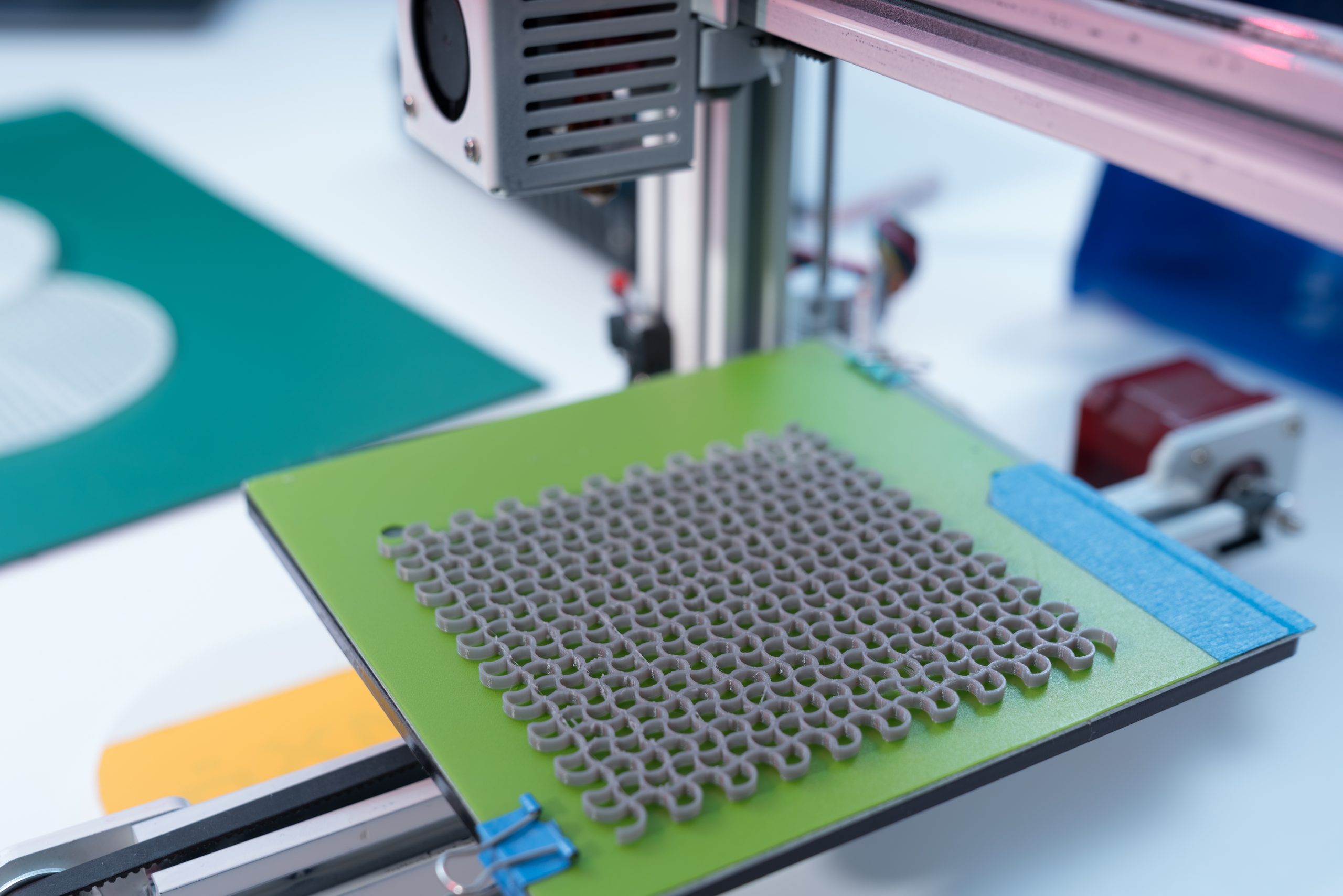
Scientists have developed a new method for integrating quantum dots with metasurfaces to enhance light emission significantly. This paves the way for brighter displays and more accurate biosensing applications. Quantum dots are semiconductor nanocrystals known for their unique optical properties. They can be tuned to emit specific light colors, making them ideal for various applications, [..]
Read More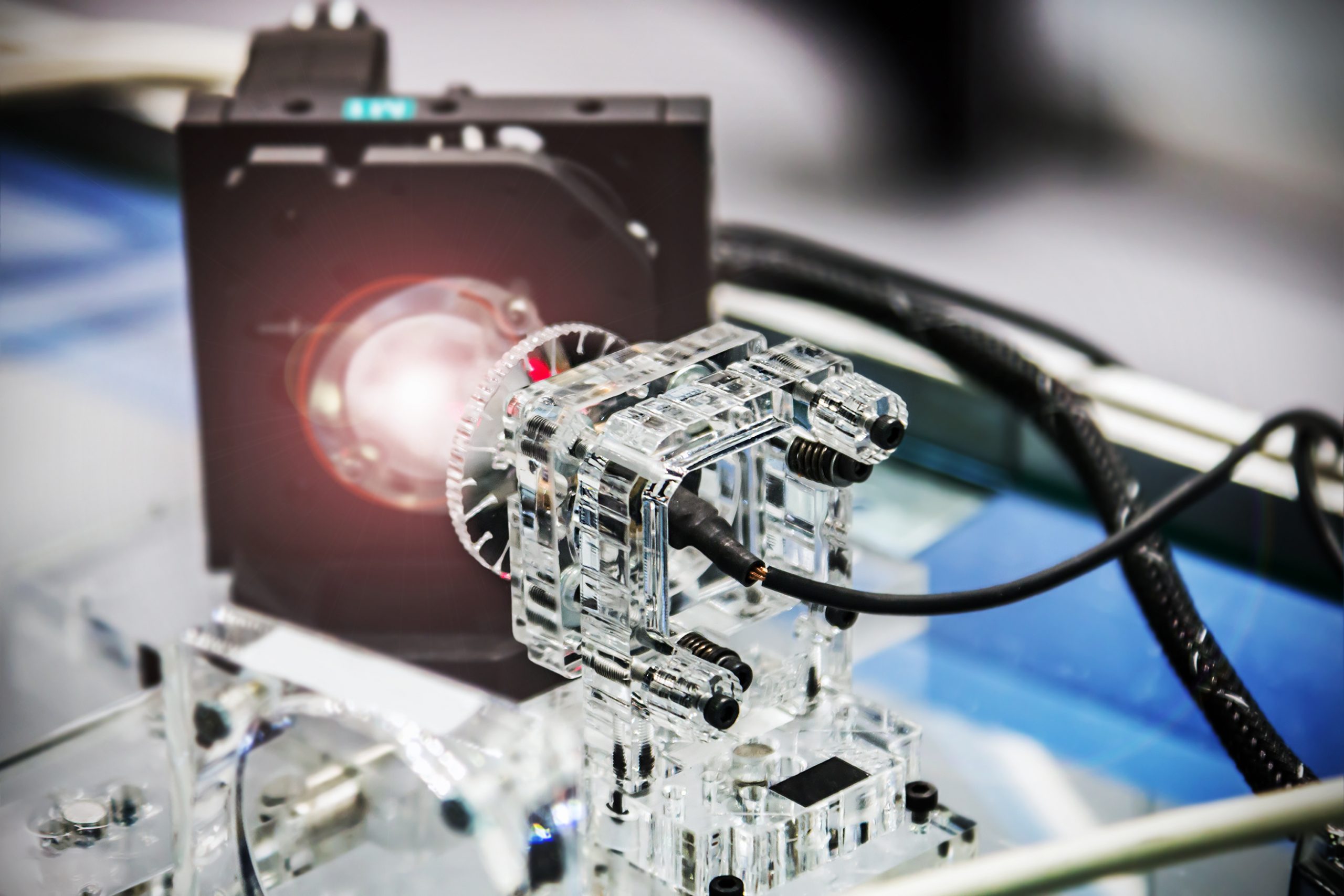
Two-photon polymerization (2PP) is a powerful 3D printing technique for creating intricate microstructures. However, its widespread adoption has been hampered by the high cost of femtosecond lasers, a key component. Researchers have developed a promising solution: a two-laser approach that significantly reduces the femtosecond laser power requirement, making 2PP printing more affordable. Traditionally, 2PP relies [..]
Read More
Neurodevelopmental disorders (NDDs) are a group of conditions affecting brain development and function. While genetic factors play a significant role, traditional methods often fail to identify the underlying cause. This is where a powerful new technique called optical genome mapping (OGM) offers a fresh perspective on NDD diagnosis. Current methods like short-read sequencing struggle to [..]
Read More
Understanding the inner workings of a cell is crucial in biology and chromatin, the tightly packed DNA within the cell nucleus plays a central role in many cellular processes. However, studying chromatin dynamics has been challenging due to its constant motion within the nucleus. Traditional techniques often rely on fluorescent labels, which can interfere with [..]
Read More
New research investigates the potential of a neurobiological model to predict future dementia diagnosis by analyzing the brain’s default-mode network (DMN). Alzheimer’s disease is the most common cause of dementia, and disruption in the functional connectivity of the DMN is a known indicator. The researchers used spectral dynamic causal modeling (DCM) on resting-state functional magnetic [..]
Read More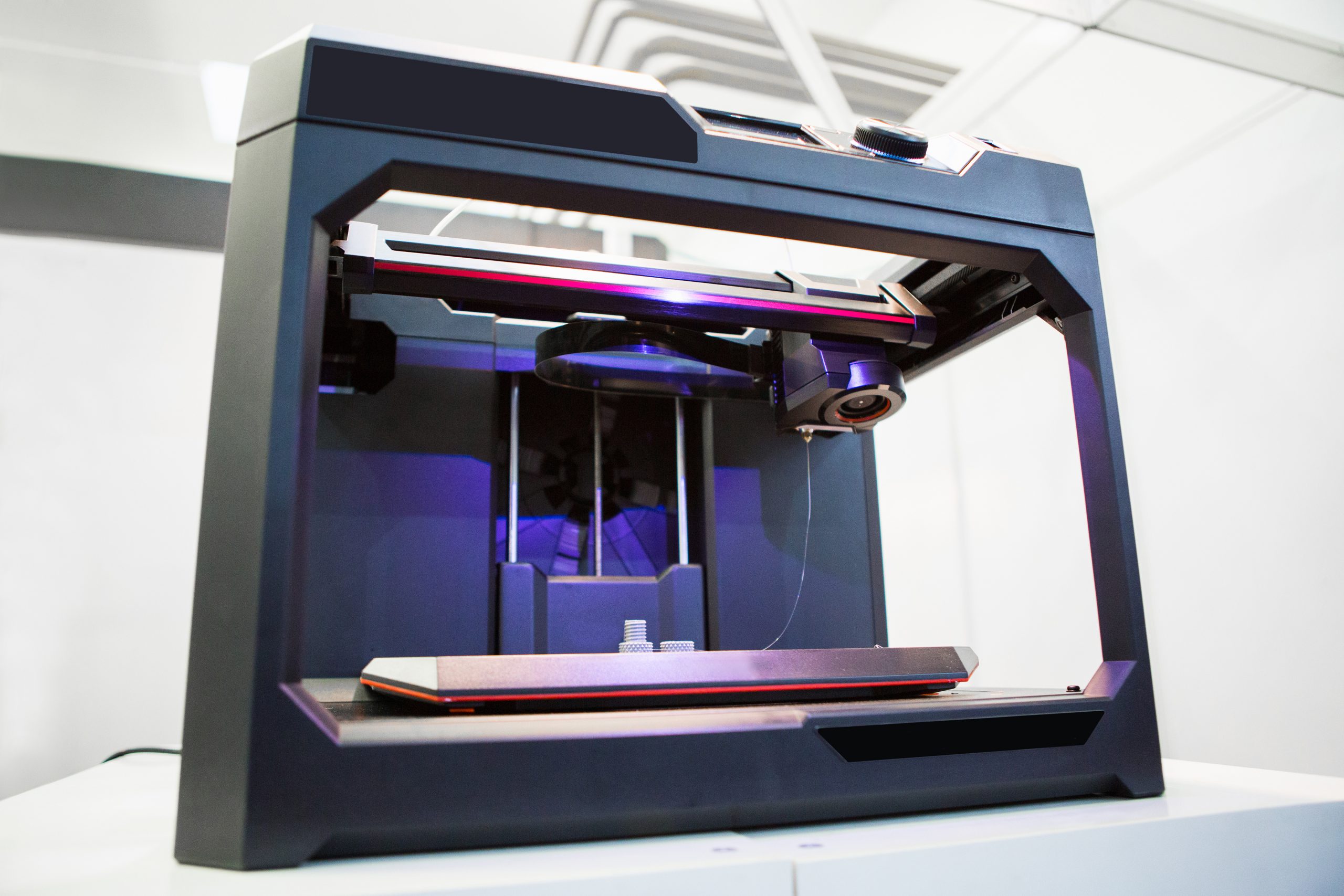
Have you ever felt limited by the size and availability of microspheres for your optical microscopy experiments? A new method using laser-based 3D printing offers a promising solution! Researchers describe a novel technique for fabricating high-quality microspheres for optical microscopy applications. Conventional methods for obtaining these spheres are restricted by their size and the difficulty [..]
Read More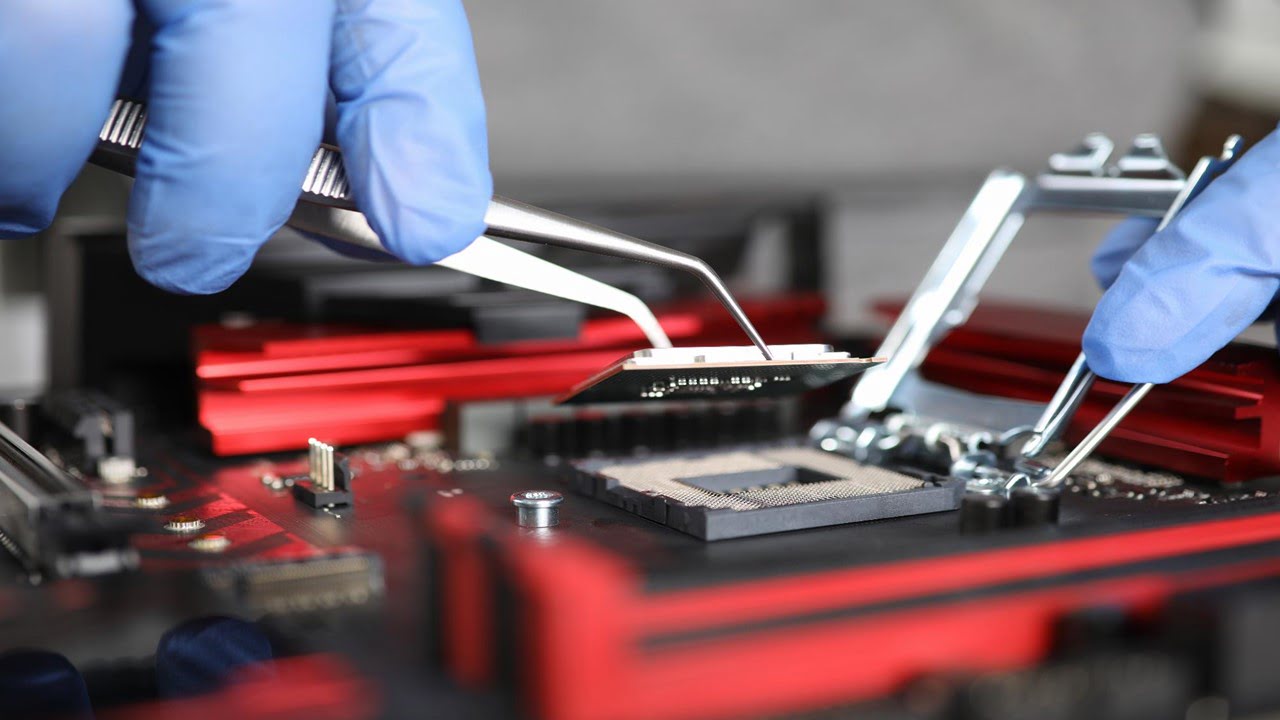
Researchers have developed a new biodegradable neural interface that uses light to stimulate nerves. This technique, known as transdermal optoelectronic stimulation, has the potential to revolutionize neural prosthetics and other biomedical applications. The device is fabricated from silicon and molybdenum, chosen for their biocompatibility and optical properties. A key feature of the design is its [..]
Read More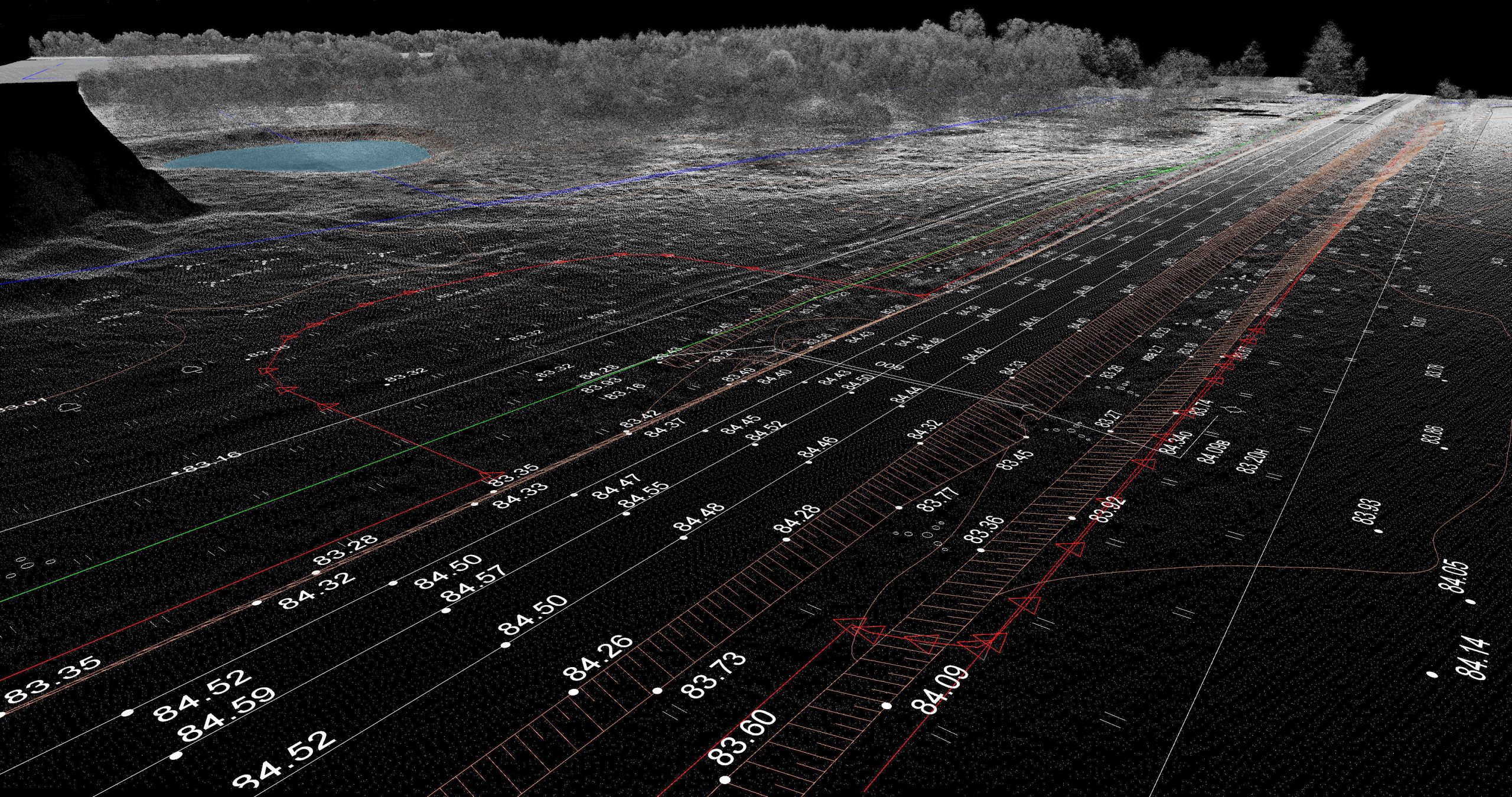
A new project at Aston University aims to revolutionize crop monitoring with a more affordable and efficient version of polarimetric LIDAR. Dr. Sergey Sergeyev, a photonics expert, has received a grant to develop this technology, addressing the limitations of current systems. LIDAR (Light Detection and Ranging) uses lasers to measure distance and gather information about [..]
Read More
Scientists have developed a method that rapidly predicts these materials‘ structure and chemical makeup, offering a faster and more precise alternative to traditional techniques. The key lies in combining machine learning with a spectroscopic technique called X-ray Absorption Near Edge Structure (XANES). Researchers used this approach to analyze amorphous carbon nitrides, a material with a [..]
Read More
In a groundbreaking study, researchers have introduced a revolutionary optoelectronic neuron array capable of nonlinear optical processing of ambient natural light. This innovation addresses a critical need in computational imaging and sensing by enabling the nonlinear transmission of spatially incoherent light at significantly lower intensities than previously achievable with conventional optical materials. The team’s approach [..]
Read More
Digital pathology has revolutionized the field of medicine by enabling the analysis of whole slide images (WSIs) on computers. However, challenges remain, such as the need for large, high-quality datasets for training machine learning models. Researchers have introduced Prov-GigaPath, a new pathology foundation model, in a recent breakthrough. Prov-GigaPath was pre-trained on a massive dataset of real-world pathology slides from Providence, [..]
Read More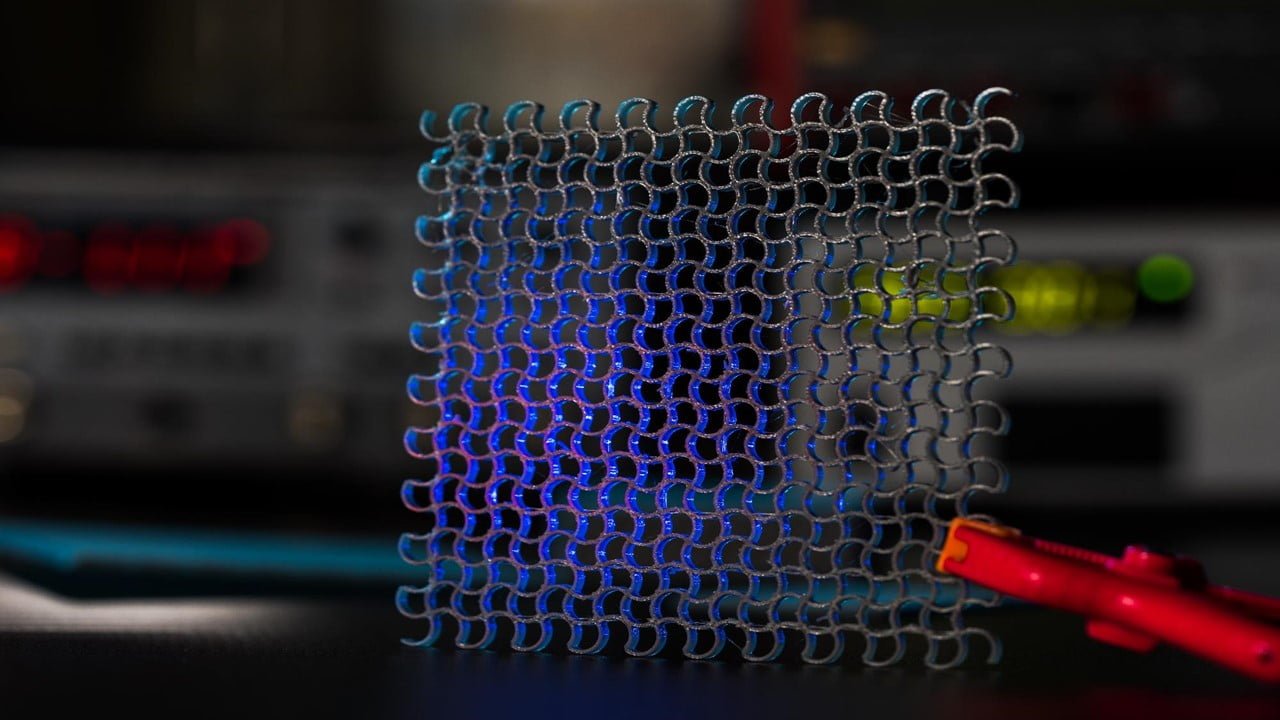
Researchers have developed a compact, single-shot polarization imaging system that can provide a complete polarization picture. This system, free of moving parts or bulk polarization optics, could unlock the vast potential of polarization imaging for various applications, including biomedical imaging, augmented and virtual reality systems, and smartphones. The research aims to empower applications in real-time [..]
Read More